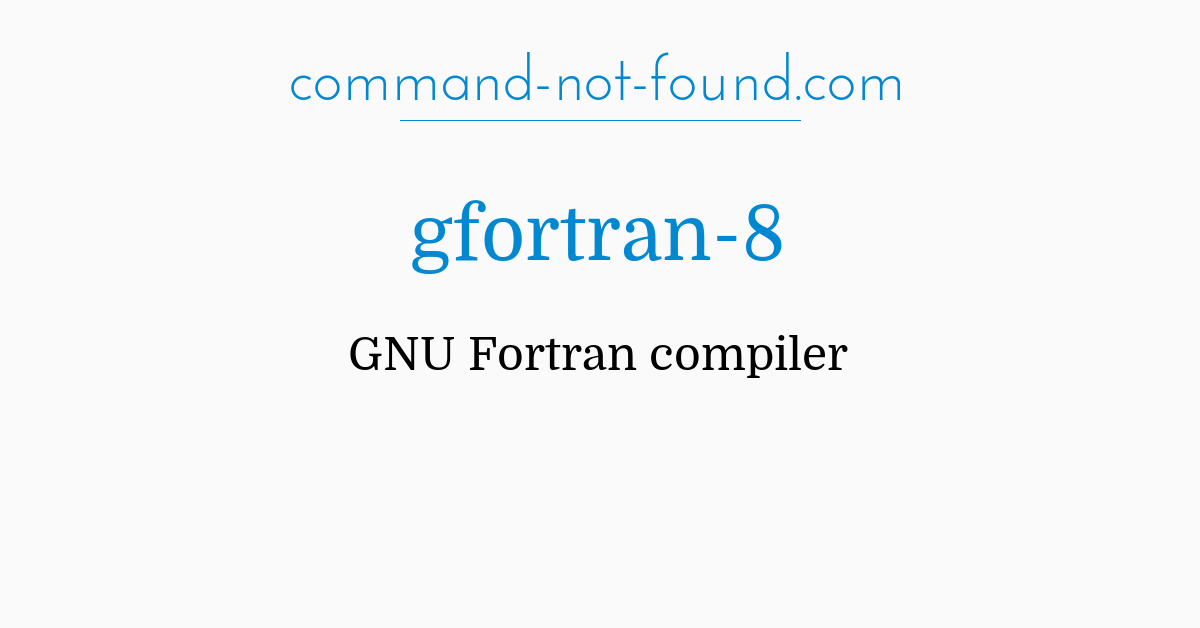

One uses ‘-‘ when typing a flag but ‘_’ inside the config file, e.g. # MPI settings with_mpi = "yes" enable_mpi_io = "yes" # linear algebra settings with_linalg_flavor = "netlib" LINALG_LIBS = "-L/usr/lib/x86_64-linux-gnu -llapack -lblas" # mandatory libraries with_libxc = "yes" with_hdf5 = "yes" with_netcdf = "yes" with_netcdf_fortran = "yes" Note that it is also possible to generate these libraries via the ABINIT fallbacks: LIBXC, a library containing exchange-correlation potentials, from the libxc-dev package. These libraries are available via the libhdf5-dev, libnetcdf-dev and libnetcdff-dev packages from apt.įor parallel IO, the libpnetcdf-dev is required. HDF5, NetCDF and NetCDF-Fortran, libraries to write/read binary files in netcdf4 format.
mkl from Intel (or you might try the libmkl-full-dev package). MPICH from apt ( libmpich-dev package) or ĭepending on your distribution, you might need to manually add the mpi-default-dev package,Ī fallback (see next point) is available inside ABINIT (basic version of lapack),īut you might want to install a math library yourself, especially for parallel computations:. Open MPI from apt ( libopenmpi-dev package) or. To use but more optimized for intel architecture.Ī MPI library installed (If you want to benefit from parallelism recommended). This is a commercial compiler, slightly more complicated Ubuntu or similar Ubuntu-based distributions Then we discuss how to compile the source code.Ī possible list of prerequisites (tested for Ubuntu 19.10) is: The prerequisites are first discussed qualitatively, because the installation mayĭepend on the linux distribution. YAML-based test suite Python tools and API 
Zero-point renormalization of the band gap and temperature-dependent band gaps Tutorial on polarization and finite electric fields
Python (optional): Python development dependencies (if using direct Python interface): python-dev, and python-numpy if you'd like a NumPy interface.Calculation of *U* and J using Cococcioni's approach. Python 2.x (automatically installed): python. Perl 5.x (automatically installed): perl. OpenMPI: libopennmpi-dev openmpi-bin openmpi-doc. Linear Algebra: libblas-dev liblapack-dev. Boost: liboost1.54-dev libboost1.54-all-dev. Libblas-dev liblapack-dev libopenmpi-dev openmpi-bin openmpi-doc xorg-dev libmotif-dev Sudo apt-get install gcc g++ gfortran cmake libboost1.54-dev libboost1.54-all-dev \ These are all from the standard package repositories and installed with apt-get install. On Ubuntu 14.04 LTS, we satisfy Dakota's dependencies with the following. Guidance for building Dakota 6.7 on Ubuntu 14.04 has not been established. Note that newer versions of Dakota require newer Boost, CMake, and C++11 compilers so the below notes are out of date.






 0 kommentar(er)
0 kommentar(er)
